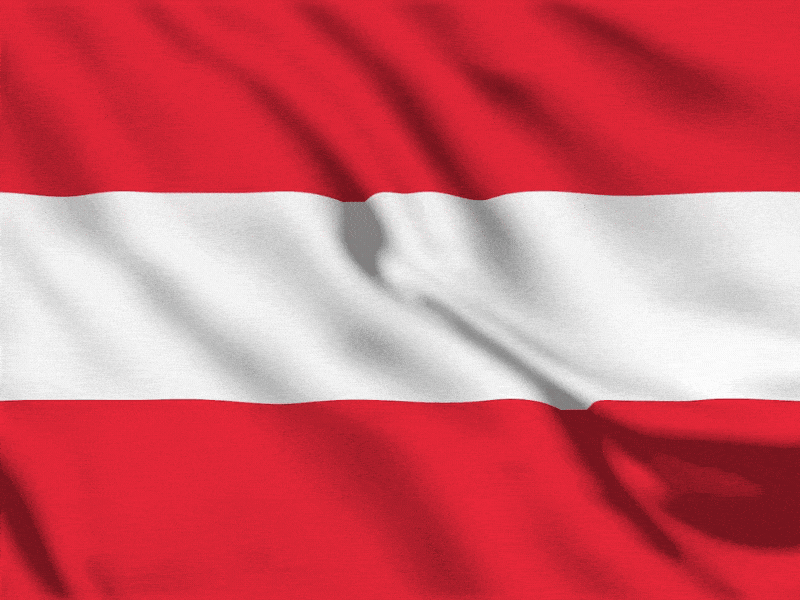
Study in Austria
Situated in the southern region of Central Europe, Austria is a nation renowned for its stunning Alps, picturesque landscapes, and rich cultural heritage. With a population exceeding 8 million, Austria shares its borders with Germany and the Czech Republic to the north, Slovakia and Hungary to the east, Slovenia and Italy to the south, and Switzerland and Liechtenstein to the west. The official language spoken in Austria is German. The country’s historical significance as a European power, coupled with its vibrant cultural scene, has led to significant contributions in various artistic domains, particularly in music. Austria has been the birthplace of numerous illustrious composers, including Joseph Haydn, Michael Haydn, and Franz Liszt. The nation has also made notable advancements in film and theatre, with Sascha Kolowrat recognized as a pioneering figure in Austrian cinema. Vienna, the capital city, is often referred to as Europe’s cultural capital and is considered one of the most appealing cities globally, having recently topped Mercer’s Quality of Living survey. This metropolitan hub exudes a unique charm, vibrancy, and flair that is unparalleled. Vienna boasts a long-standing tradition in the arts, encompassing theatre, opera, classical music, and fine arts.
Situated in the southern region of Central Europe, Austria is a nation renowned for its stunning Alps, picturesque landscapes, and rich cultural heritage. With a population exceeding 8 million, Austria shares its borders with Germany and the Czech Republic to the north, Slovakia and Hungary to the east, Slovenia and Italy to the south, and Switzerland and Liechtenstein to the west. The official language spoken in Austria is German. The country’s historical significance as a European power, coupled with its vibrant cultural scene, has led to significant contributions in various artistic domains, particularly in music. Austria has been the birthplace of numerous illustrious composers, including Joseph Haydn, Michael Haydn, and Franz Liszt. The nation has also made notable advancements in film and theatre, with Sascha Kolowrat recognized as a pioneering figure in Austrian cinema. Vienna, the capital city, is often referred to as Europe’s cultural capital and is considered one of the most appealing cities globally, having recently topped Mercer’s Quality of Living survey. This metropolitan hub exudes a unique charm, vibrancy, and flair that is unparalleled. Vienna boasts a long-standing tradition in the arts, encompassing theatre, opera, classical music, and fine arts.
- Austria is home to a diverse array of higher education institutions. Sixteen universities in Austria offer students an extensive selection of study programs. Additionally, the country features private universities. The post-secondary education landscape also encompasses Teacher Training Colleges and Institutes, as well as Colleges and Institutes dedicated to the training of religious educators. Furthermore, Austria boasts a total of 246 degree programs.
- The higher education system in Austria is characterized by a wide range of institutions. Students can choose from a variety of study options provided by 16 universities across the country. In addition to these, Austria includes private universities. The post-secondary sector further comprises Teacher Training Colleges and Institutes, along with Colleges and Institutes focused on the education of religious teachers. Austria offers a total of 246 degree programs.
- Austria presents a rich tapestry of higher educational institutions. With 16 universities, students are afforded a broad spectrum of academic choices. The presence of private universities adds to this diversity. The post-secondary sector also features Teacher Training Colleges and Institutes, as well as Colleges and Institutes aimed at training religious educators. In total, Austria offers 246 distinct degree programs.
The government of Austria, along with private organizations and universities, provides a variety of scholarships for students. It is advisable for applicants to pursue scholarships that are tailored to their specific fields of study. Applicants may submit multiple applications for different scholarships simultaneously. Only those applications that are from eligible candidates, thoroughly documented, and submitted within the designated timeframe will be taken into consideration. Applications will be evaluated based on the qualifications of the applicants, their motivations for studying in Austria, the relevance to their current academic pursuits, and the availability of research facilities in the country. Similar to practices in other nations, a dedicated agency known as the Austrian Exchange Service (Österreichischer Austauschdienst, ÖAD) has been established to oversee all funding opportunities for international students. If you are considering studying in Austria and require financial assistance, we highly encourage you to contact our counselor, who can provide you with comprehensive information regarding available scholarships (refer to the section on Study & Research in Austria). Our objective is to facilitate access to information for prospective students and those offering guidance at the ESC’s office, ensuring that details about existing grant programs are consistently updated.
